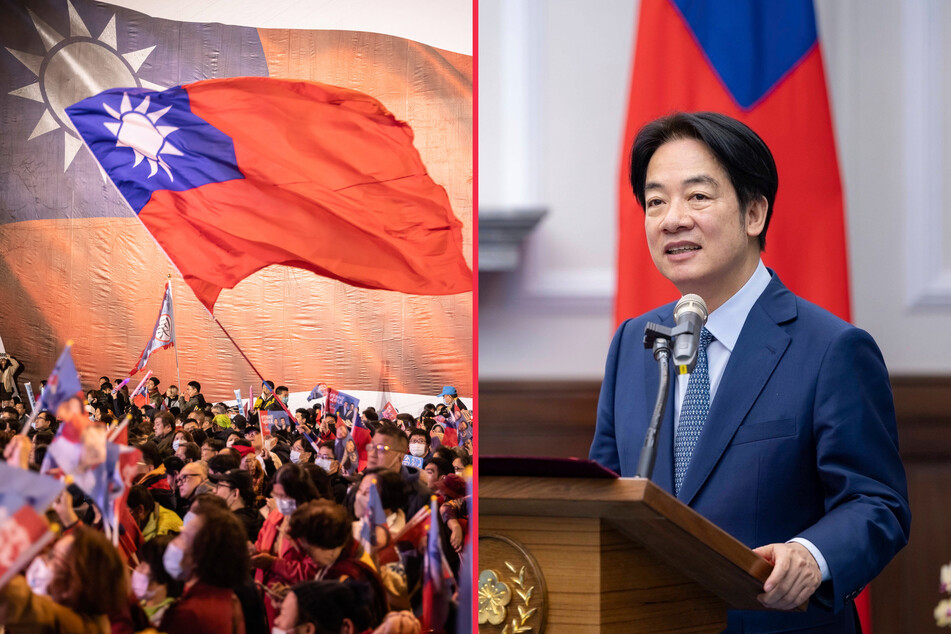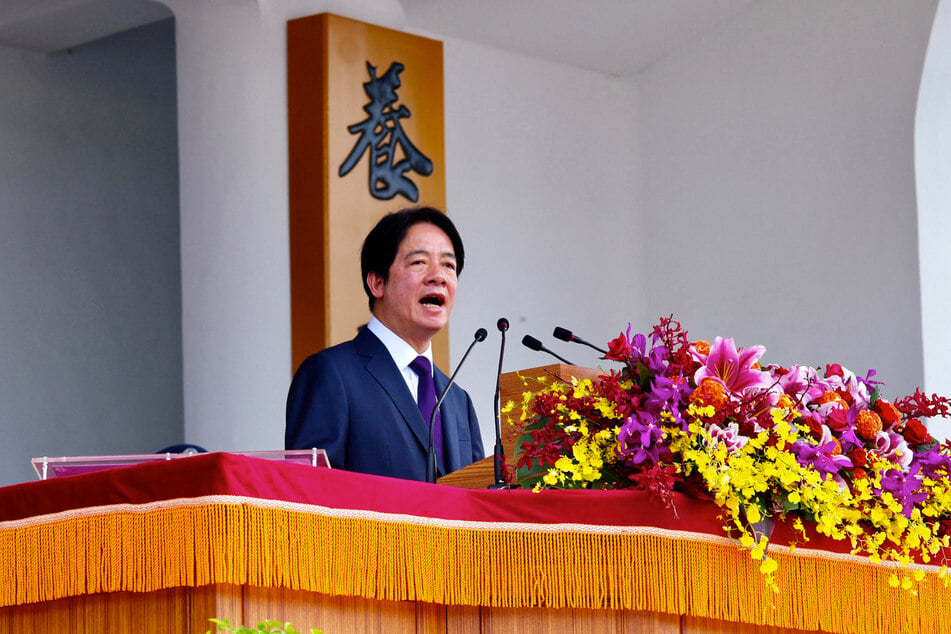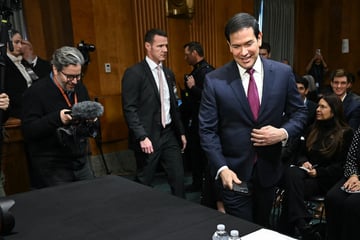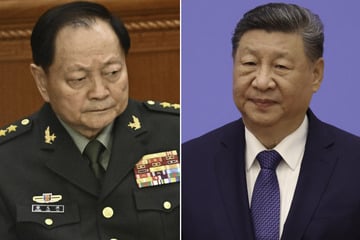Taiwan passes bill to crackdown on "corruption" despite fears of Chinese influence
Taipei, Taiwan - Having only taken office in May, Taiwan's new president, Lai Ching-Te, has been forced to sign a controversial "anti-corruption" bill into law that he fears could open the doors for increased Chinese influence.

Less than two months after assuming office, President Lai Ching-Te has already found himself stymied by his party's lack of a parliamentary majority, forcing him to sign the controversial "contempt of parliament" bill into law.
Back in January, Lai's Democratic Progressive Party (DPP) lost its majority in Taiwan's parliament, handing legislative reign to the opposition Kuomintang (KMT) party and the Taiwan People's Party (TPP).
The opposition brought the legislation forward, arguing that the bill was necessary to curb corruption, as it criminalizes "contempt of parliament" and threatens jail time for those found to be in breach.
In effect, the bill aims to increase the jurisdiction of government power, allowing the parliament to investigate and subpoena government officials and private individuals and even force them to hand over sensitive documents.
Due to the parliamentary system that President Lai Ching-Te leads, despite opposing the bill, he was forced to sign it into law on Monday. The signing was met with fierce protests, as tens of thousands of people surrounded the parliament buildings in Taipei over the weekend.
Speaking to reporters on Monday, President Lai Ching-Te announced that not only had he signed the bill into law but that he was petitioning Taiwan's highest court to look into its constitutional integrity.
President Lai Ching-Te announces high court petition to reverse anti-corruption bill

"The parliament should reform," Lai said. "But it should not arbitrarily expand its powers. The way to reform should be legal and constitutional."
"Today, I have made the decision to petition for a constitutional interpretation. This is to be responsible to the country and to history and to live up to the trust of the people."
In particular, fears surround the KMT's influence over the bill, principally because the opposition has strong links to Beijing.
Back in April, ex-Taiwan president and KMT leader Ma Ying-jeou made a controversial trip to China, where he met with Xi Jinping and was reported as saying that "Compatriots on both sides of the Taiwan Strait are all Chinese people."
As the bill will give lawmakers the power to force the handing over of sensitive documents and could see members of the civil service, as well as parliamentarians, face sanction for "contempt of legislature" and "contempt of parliament," the fear is that Beijing could gain influence through a backdoor.
In a way, this is similar to how Hong Kong has seen such influence increase, as Beijing utilized a careful combination of ham-fisted crackdowns and legislation to slowly take firmer control over the state's democratic processes.
The KMT, for their own part, have said that Taiwan faces a corruption problem and that such legislation is necessary as a result. It's a move somewhat reminiscent of Xi Jinping's crackdowns after he gained power in 2013.
On Monday, the KMT called on Lai to sign the bill into law and seek no further action to block its installation, saying that he should "bravely face the parliament and face the people."
Cover photo: Collage: IMAGO/SOPA Images/ZUMA Press Wire

